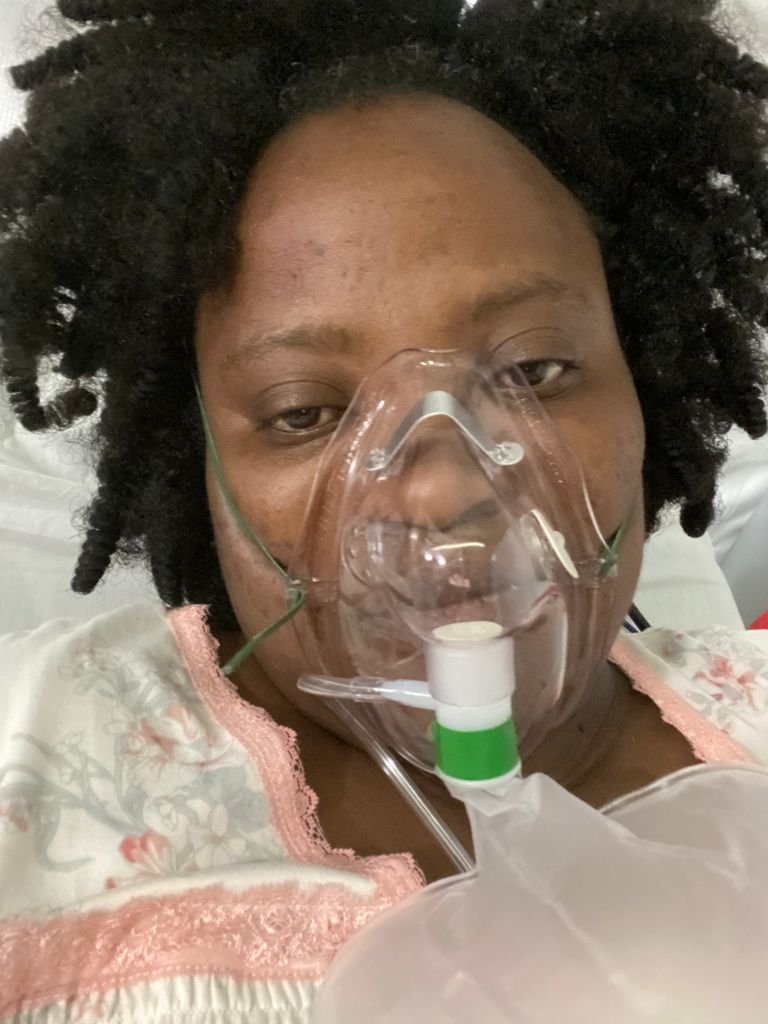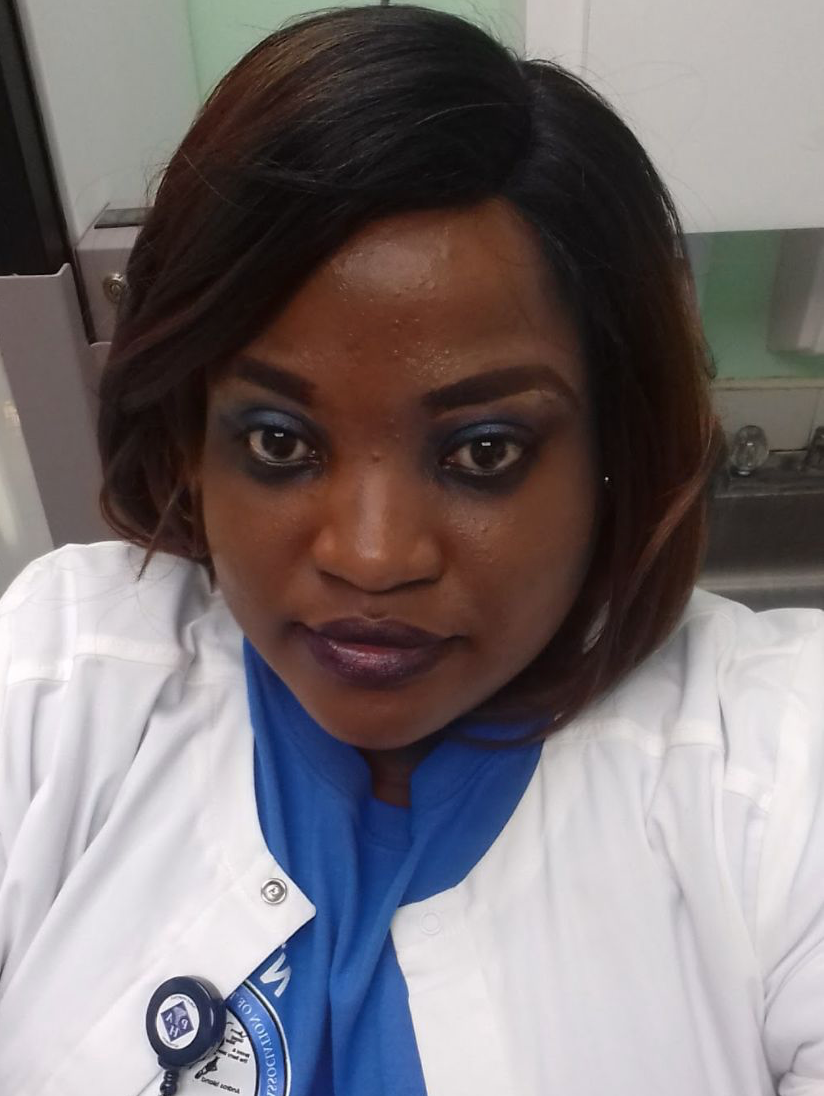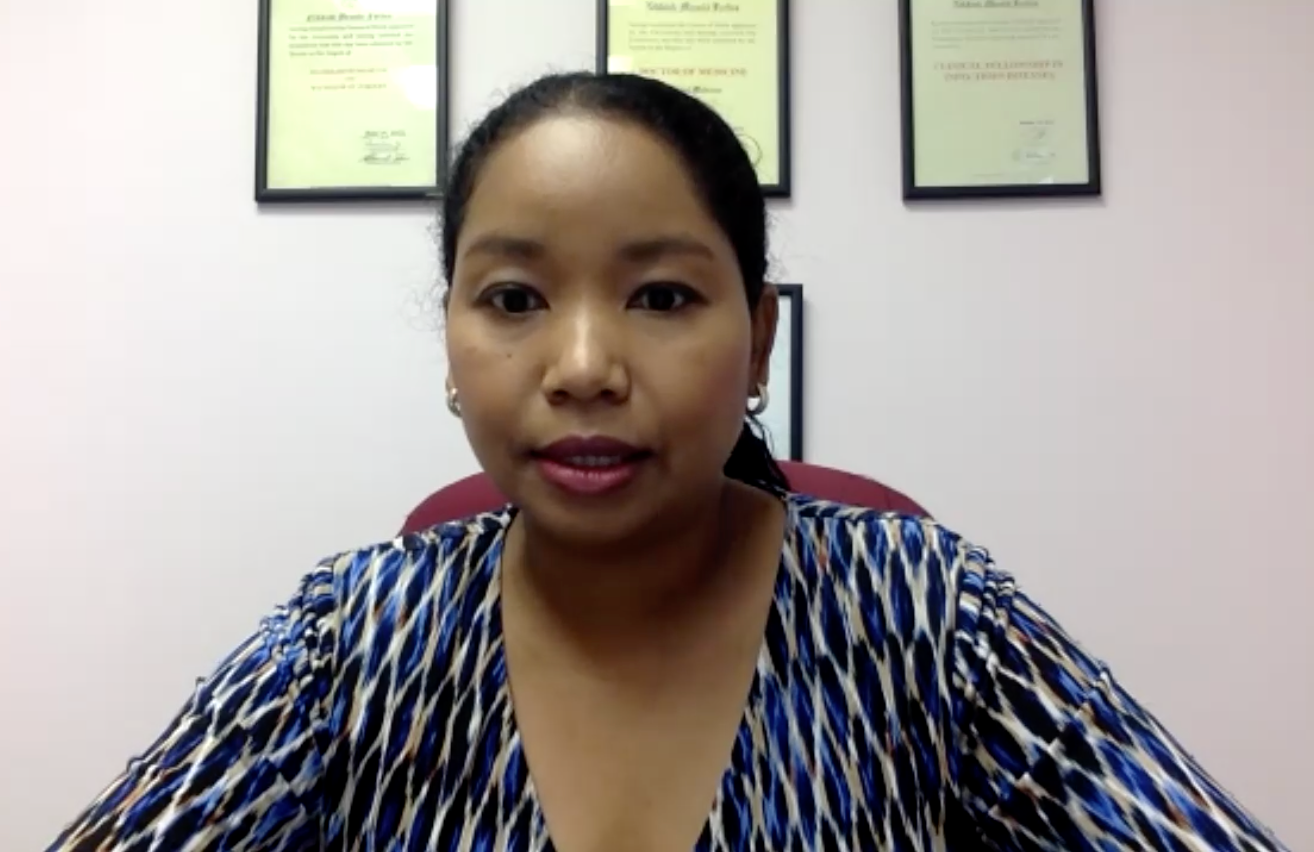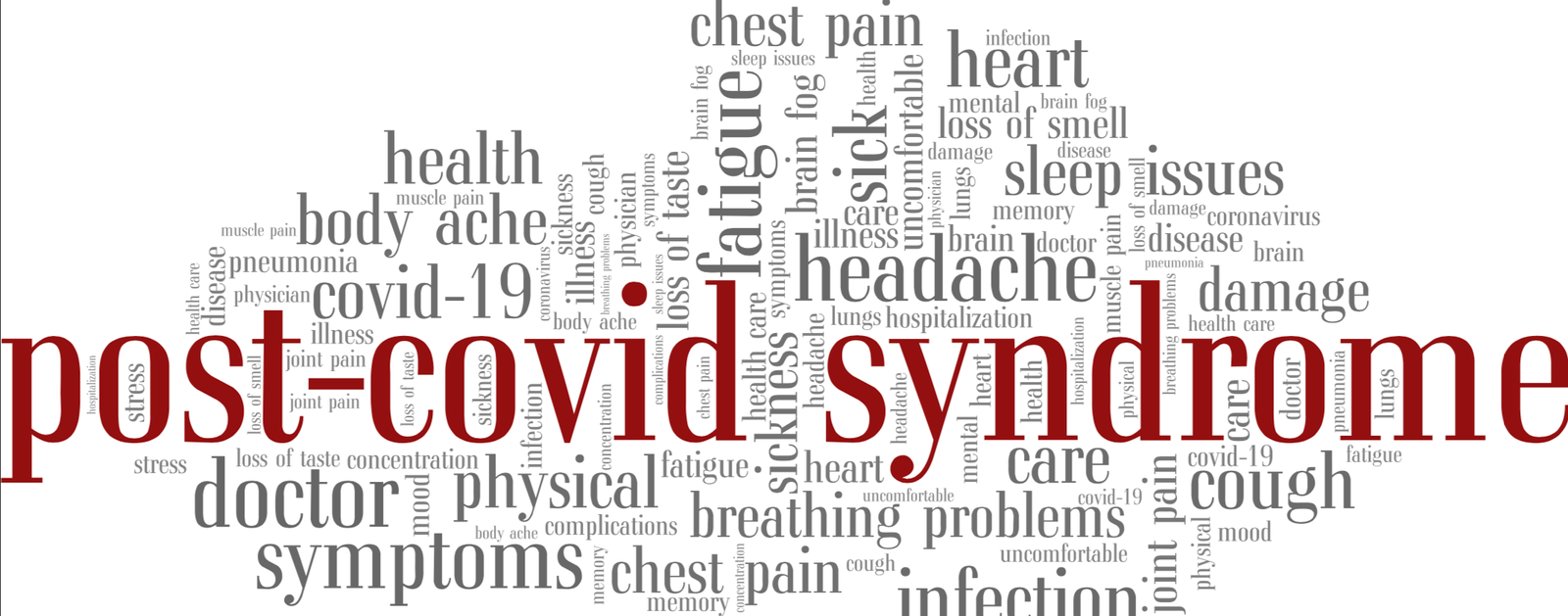Long COVID a rising concern
Nurse warns “we’re going to see a lot of people coming back” to the hospital if there is no follow-up care for COVID patients
NASSAU, BAHAMAS — Accident and Emergency Nurse Adrianne Scott, who survived severe COVID-19 in September, yesterday recommended that more be done from a healthcare standpoint for patients suffering from long COVID, who often do not have the means to afford aftercare.
“I know people who are still struggling to walk right now and I’ve heard of people where the longer you stay there — if you stay there for a month in hospital — you’re going to need extreme physiotherapy when you come out of there because you lose so much mobility,” said Scott, who spent 12 harrowing days in hospital between late October and early September.
“I didn’t have physio. When I came home, I tried to do my own physio, go for short walks and I would do the muscle exercise because you lose a lot of muscle in your legs and stuff…

“What I want to know is if they’re putting some clinic or something together for patients who have had COVID pneumonia, who have really been affected, to have follow-up care because if they don’t, I feel we’re going to see a lot [of] people coming back, and the hospital is already burdened.”
After contracting the virus and being hospitalized days later, Scott was placed on high-flow oxygen as she watched her condition deteriorate, eventually accepting “that I was dying”.
But she survived, attributing her recovery to her partial vaccination, rounds of Remdesivir treatment and intervention from God.
However, her journey and road to recovery did not end there.
Weeks after being released from the hospital, Scott had shortness of breath and extreme fatigue that would leave her winded.
There was also persistent pain in her legs.
While improved, that pain has continued months later and Scott admittedly said the energy she once had has yet to return.
I don’t think a lot of people realize — maybe they’re not familiar with mental health, but COVID affects people not just physically, but it affects people mentally and psychologically being so close to death.
– Nurse Adrianne Scott
She returned to work in the A&E just over a week ago.
Apart from the physical strain of standing and attending to patients, many of whom have COVID-19, Scott said there is a psychological impact that is understated.
Her symptoms, including those impacting her mental health, are consistent with those of long COVID, though Scott said she does not want to accept that as her reality, choosing to remain positive as she takes each day as a blessing.
Long COVID can cause heart palpations, sleeping difficulties, chronic fatigue, shortness of breath, difficulty with concentration, “brain fog”, chest pain, muscle pain and mental health issues such as anxiety and depression, among many other symptoms.

“The first month I came home, I couldn’t sleep and it was affecting me psychologically,” Scott said.
“I don’t think a lot of people realize — maybe they’re not familiar with mental health, but COVID affects people not just physically, but it affects people mentally and psychologically being so close to death.
“It took about until about the end of October, the early part of November for me to get my strength back. I had long-term fatigue.
“I was only able to maybe function like two hours at a time if I did any kind of activity, simple things like washing the dishes or making my bed. I would have to go and sit down for long periods of time and catch myself, and I had a lot of support psychologically and physically and I was trying to do things that would increase my strength day by day, but it took a long time.
“Even now, returning to work and I have a job where I stand mostly on my legs all day and I have pain in my legs.”
Asked if her full strength has returned, Scott said: “No, I don’t think so. Not as much. I get tired more easily.
“But, to be honest with you, I am really trying to keep my mind positive. I hear people talk about the long-term effects and I’ve heard people come back with DVT (deep vein thrombosis) and I really try not to make that a part of my reality, even though I’ve heard about it from a lot of people and from my colleagues.”

Speaking with Eyewitness News last week, HIV/AIDS and Infection Disease Programme Director Dr Nikkiah Forbes said up to 30 percent of patients who contract the coronavirus can experience a range of long-term health ailments well after recovering from the virus, a condition that has come to be known as long COVID.
Forbes said the issue is of serious concern and another impetus to maintain all health protocols and get vaccinated, including receiving third shots and boosters.
She said more is being done in scientific centers to determine how best long COVID can be treated, but multidisciplinary teams of doctors with multi-specialties are needed to properly manage patients.






